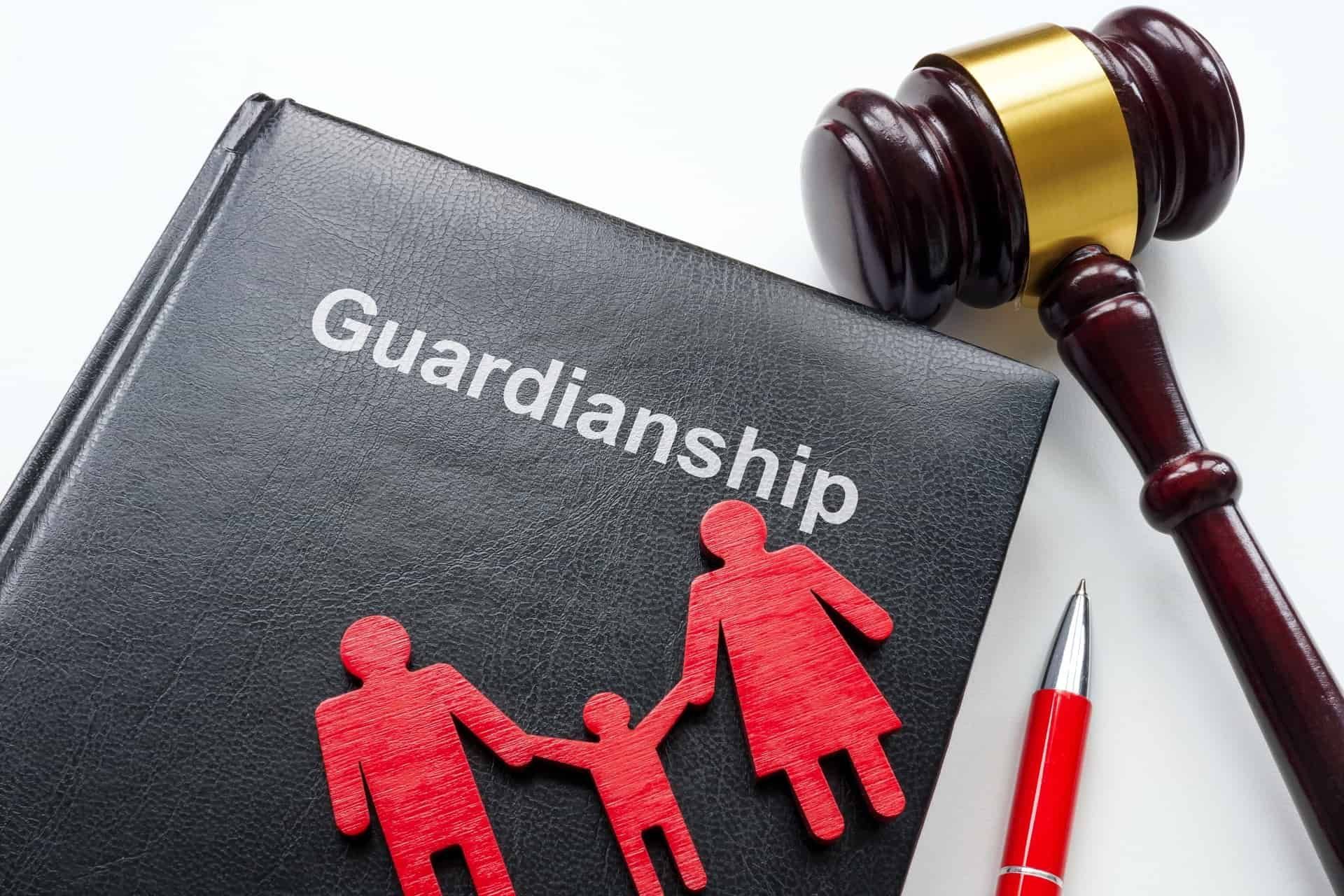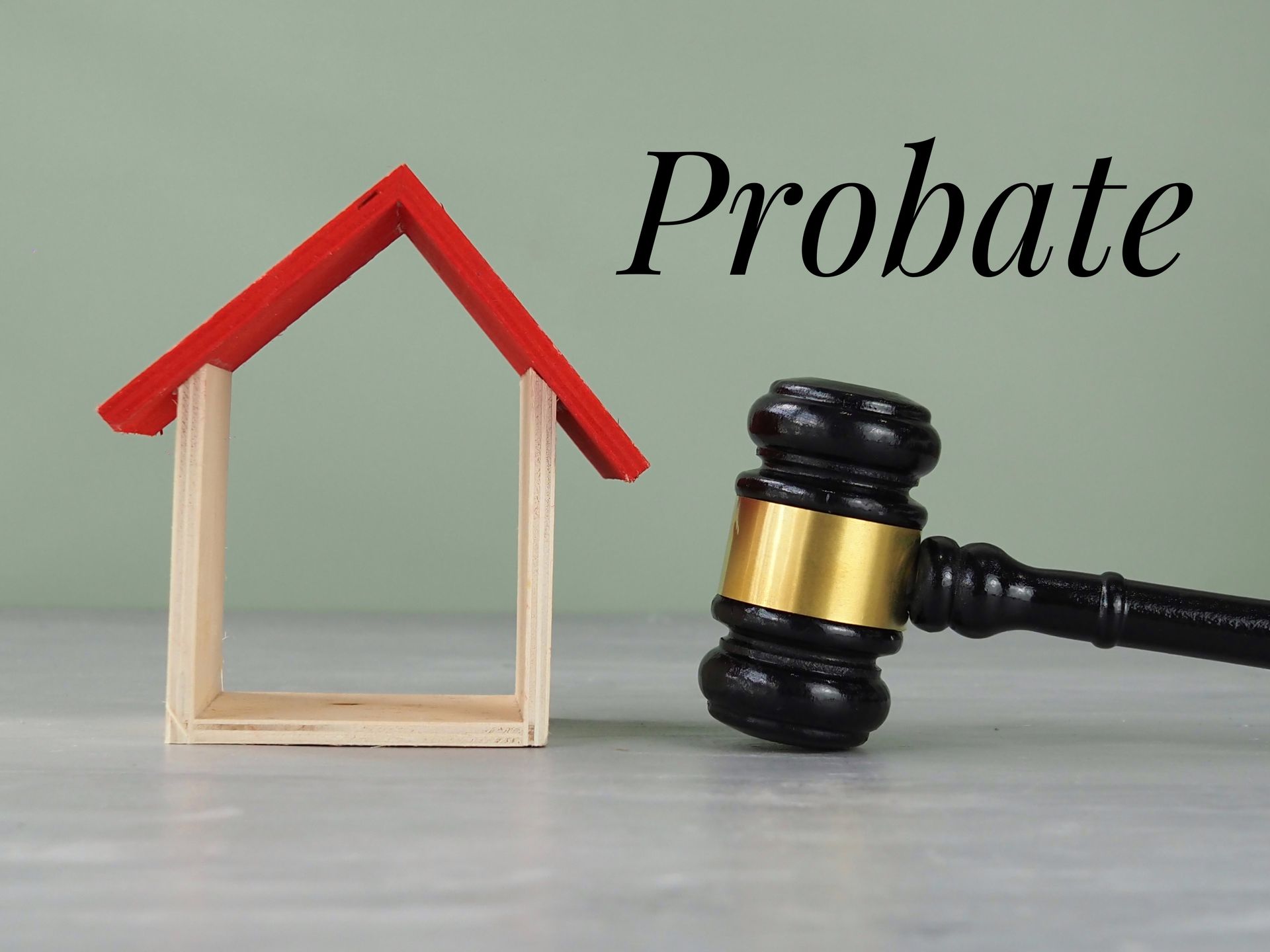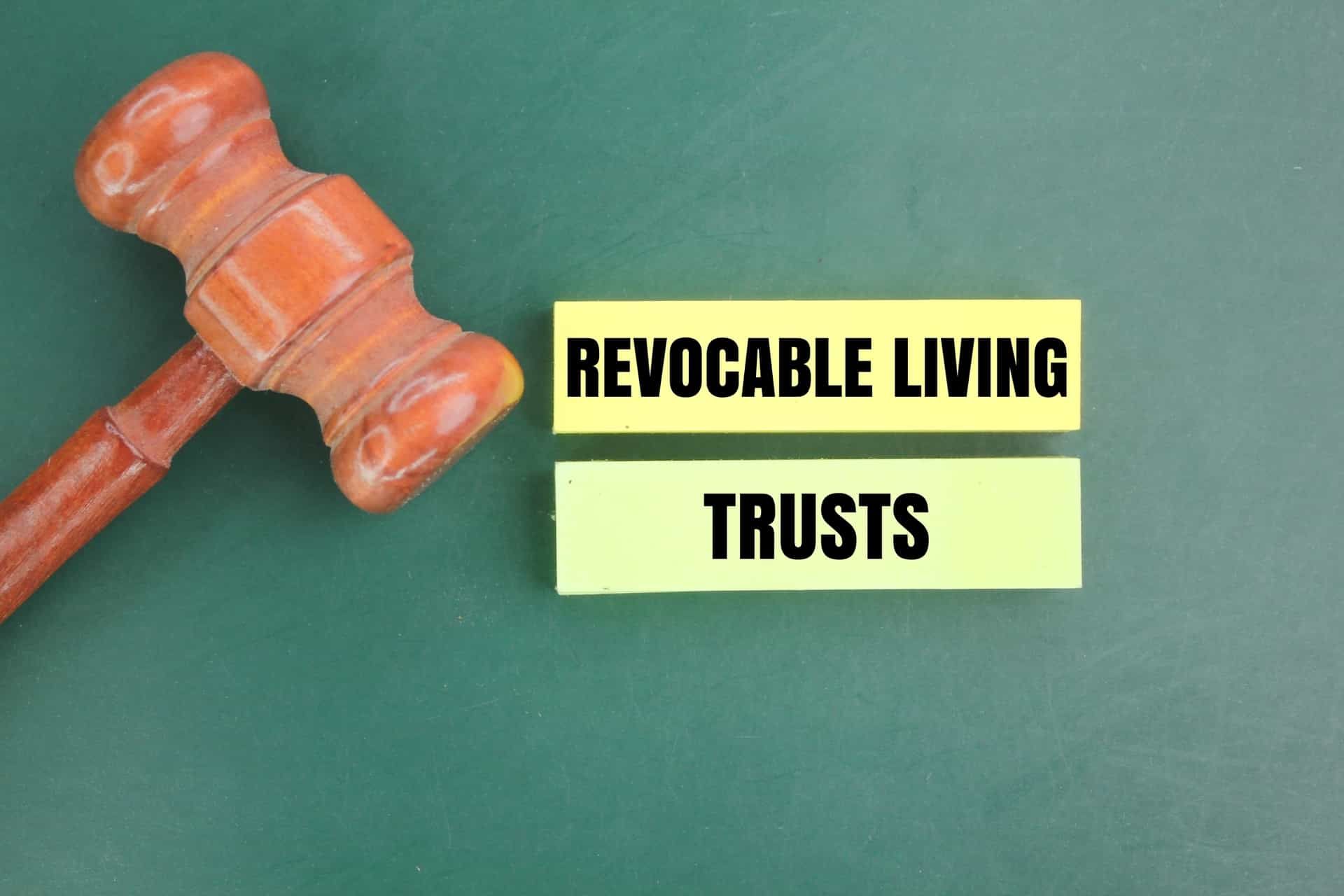A Florida Probate Lawyer Answers Frequently Asked Questions
However, it is not as complex and difficult as some might have you think. In fact, Florida probate law is quite straightforward on paper. Once you understand the various types of estates and trusts that exist in Florida, it becomes much less complicated and easier to navigate.
At Doane & Doane, we specialize in probate, estate planning, and more. Our probate lawyer is here to answer all of your burning questions about Florida probate law, so read on to learn more.
Q: What Is the Probate Process in Florida?
A: In Florida, probate is the way to transfer a person’s assets from their estate to the people or organizations that stand to inherit from them. As I mentioned, it is not as complex and difficult as some would have you believe.
For starters, there are two types of estates in Florida: those where the deceased had a will and those where they did not.
When there is a will, the executor (person appointed by the will) gathers up all of the deceased’s assets, pays off any debts owed by the estate, and distributes everything according to instructions provided in the will. This process should be relatively painless for you if you follow these instructions carefully.
If there is no will, use Florida probate law to determine who inherits. If there are children or descendants of those children (grandchildren), then they typically get everything.
But if there are no children or descendants of children, then parents inherit—unless they have already passed away, at which point siblings inherit. If there are no living relatives, then friends or acquaintances may be able to inherit property under certain circumstances (but this is rare outside of family members).
Q: Does Having a Will Avoid Probate in Florida?
A: A will is not a probate avoidance tool in Florida. A will can be used to distribute an estate, but the process of probating a will is complex and time-consuming.
In order to avoid the probate process with a will, documents that have been signed by you should be sent to the court or county clerk’s office with instructions on how they are to be distributed.
If you do not have any family members who are in line to inherit from you, this process may help avoid the probate process. If you die intestate (without a will), your estate goes into intestacy. The court must then appoint an executor and trustee to manage your estate according to Florida law.
Q: How Much Does Probate Cost in Florida?
A: The cost of probate varies depending on the size and complexity of your estate. The fees usually range anywhere from $1,500 to $5,000. But they can be much more than that, depending on the factors mentioned above. This fee includes the cost of hiring a professional executor or administrator who will administer your estate.
This individual will make sure that everything is in order and will work with the court and other professionals to handle your final wishes. This would include taxes, any outstanding debts, and so forth.
It is important to note that there are no set fees for Florida probate law as they are determined by the county you reside in. It all depends on what professional services you require, what type of assets you have, how complicated your estate is, how many heirs there are and so on.
Q: What Happens When There Isn’t a Will?
A: Florida probate law has set procedures for the distribution of assets in the event that a person dies without a will. Will this happen to you? No, it probably won’t.
Most people have wills, and those who don’t are usually minors who can’t make decisions on their own behalf due to age or mental capacity. When a person dies without a will, Florida probate law dictates that certain family members inherit an equal share of their estate.
This doesn’t mean that they get everything the person had—they only receive the assets which were not specifically designated to other beneficiaries.
Q: When Should People Go Through a Florida Probate Process?
A: There are a number of reasons why people might find themselves going through a Florida probate process.
1.
A person dies, and their will includes an inheritance provision that designates who is to inherit the assets from the estate. In this circumstance, the deceased person’s assets would be distributed according to the will’s instructions.
2. The deceased person has no will at all, and their assets are distributed according to Florida probate law. This is known as an intestate estate distribution, and it can get complicated, depending on whether or not there are children involved in the estate, whether or not there are other close relatives, etc.
3. The deceased person appoints a trustee in a trust document, and they die without appointing anyone else to manage those assets. This is known as a “Living Trust,” which we will discuss more in-depth below.
4. A father leaves behind children when he passes away and does not provide for them in his will and no living parent steps up to take responsibility of caring for them as well as managing their inheritance process for them after their father has passed away (known as “custody).
5. An unmarried couple splits property but one spouse dies before they get married—leaving behind any children from previous relationships with no living spouse to care for them—so their inheritance is distributed according to Florida probate law; this is called a community property with survivorship rights agreement when applied to
Q: Are Florida Probate Records Public?
A: Yes, Florida probate records are public. You can view some records online. Others, however, are only accessible via the clerk of courts. You may go there in person or write a letter to request copies.
Call Doane & Doane to Speak with a Probate Lawyer
At Doane & Doane, we understand that probate can be complex and intimidating. That’s why our probate lawyer makes the probate process as easy and straightforward as possible. So give us a call to schedule a consultation. We’ll be happy to discuss your situation and find a solution that works for you.
Phone: 561-656-0200
The information in this blog post is for reference only and not legal advice. As such, you should not decide whether to contact a lawyer based on the information in this blog post. Moreover, there is no lawyer-client relationship resulting from this blog post, nor should any such relationship be implied. If you need legal counsel, please consult a lawyer licensed to practice in your jurisdiction.
Disclaimer: The information on this website and blog is for general informational purposes only and is not professional advice. We make no guarantees of accuracy or completeness. We disclaim all liability for errors, omissions, or reliance on this content. Always consult a qualified professional for specific guidance.
RECENT POSTS






